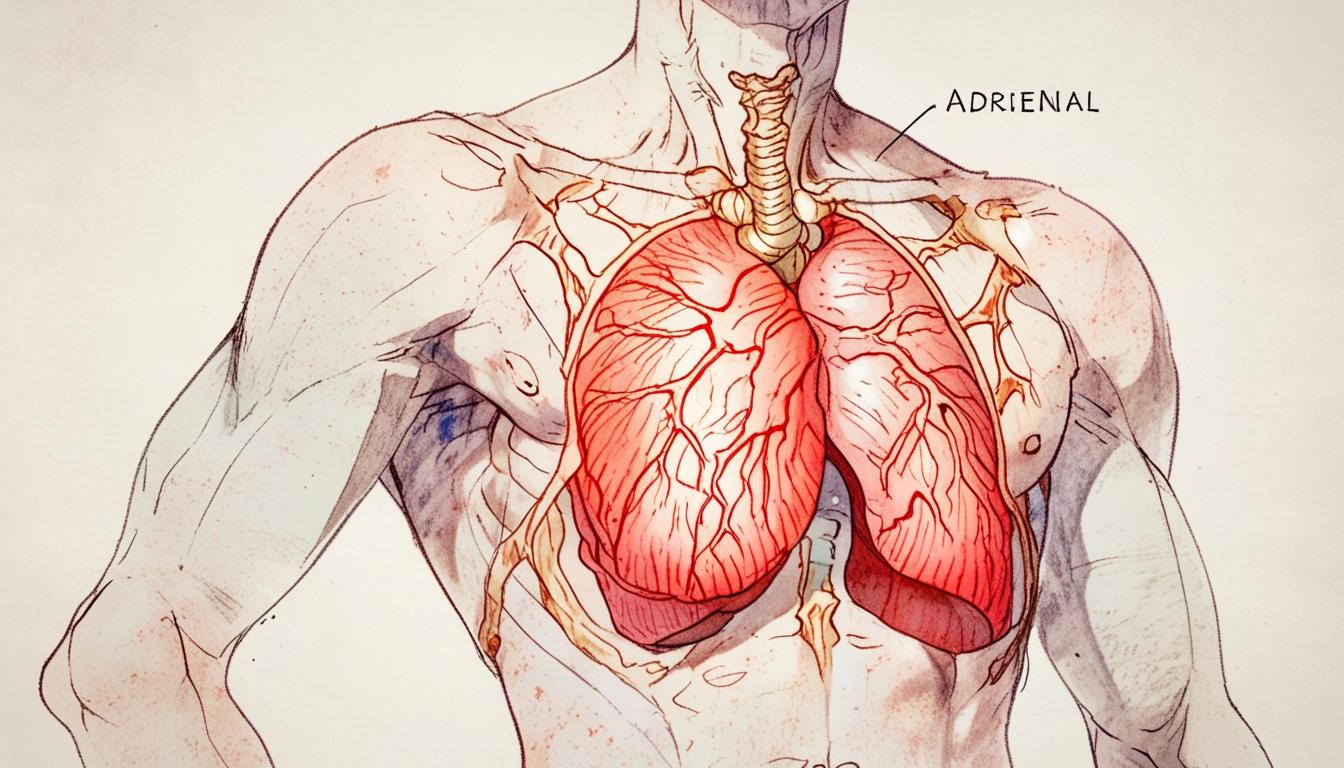The Independent has reported on the recent online surge of claims linking cortisol, the body's primary stress hormone, to certain physical changes popularly described as "cortisol belly" and "cortisol face." These terms have been circulating widely on social media platforms like TikTok, where creators allege that elevated cortisol levels due to stress are responsible for unwanted abdominal fat and facial swelling, thereby impacting one’s appearance and overall lifestyle success.
Cortisol is a naturally occurring hormone produced by the adrenal glands, situated above the kidneys. It plays an essential role in human survival by regulating various bodily functions, including our daily rhythms and responses to stress. When a threat or stressful situation arises, such as encountering danger or facing work pressure, cortisol is released to help the body generate energy necessary for fight or flight reactions.
Craig Doig, Associate Professor of Metabolic Health at Nottingham Trent University, explained to The Independent that while stress triggers cortisol release, this hormone is not inherently detrimental. He emphasised that cortisol is fundamentally intended to protect and sustain life rather than impair physical health or appearance. However, persistent high levels of cortisol can contribute to serious health concerns, including weight gain.
Research dating back to 1932 identified a rare condition known as Cushing’s disease, characterised by abnormally high cortisol levels leading to fat accumulation in the abdomen and face. Yet, everyday stress does not produce cortisol levels anywhere near those found in this medical disorder. Professor Doig noted that the distribution of body fat is influenced by a complex interplay of factors, including genetics, diet, sleep, exercise, and other hormones, which cannot be simplified to a single cause like cortisol.
In response to the social media trend, Professor Doig offered practical stress management advice that requires no special purchases or gimmicks: regularly getting sufficient sleep, maintaining consistent exercise, eating a balanced diet, and allowing time for relaxation. He cautioned against the allure of "cortisol detox" products or similar influencer-promoted remedies, stating that the oversimplification of cortisol's role serves more to generate online engagement than to educate about health.
He further remarked, "‘Cortisol belly’ and ‘cortisol face’ might sound catchy, but they reduce incredibly complex biological processes into bite-sized insecurities." Advising individuals to consult medical professionals if they have concerns about stress or related symptoms, Professor Doig concluded that stepping away from distracting social media narratives and focusing on simple, healthy routines might be the most effective means of managing cortisol levels.
This coverage sheds light on how medical information can be distorted within popular culture, highlighting the importance of grounding health discussions in scientific evidence and professional guidance.
Source: Noah Wire Services
